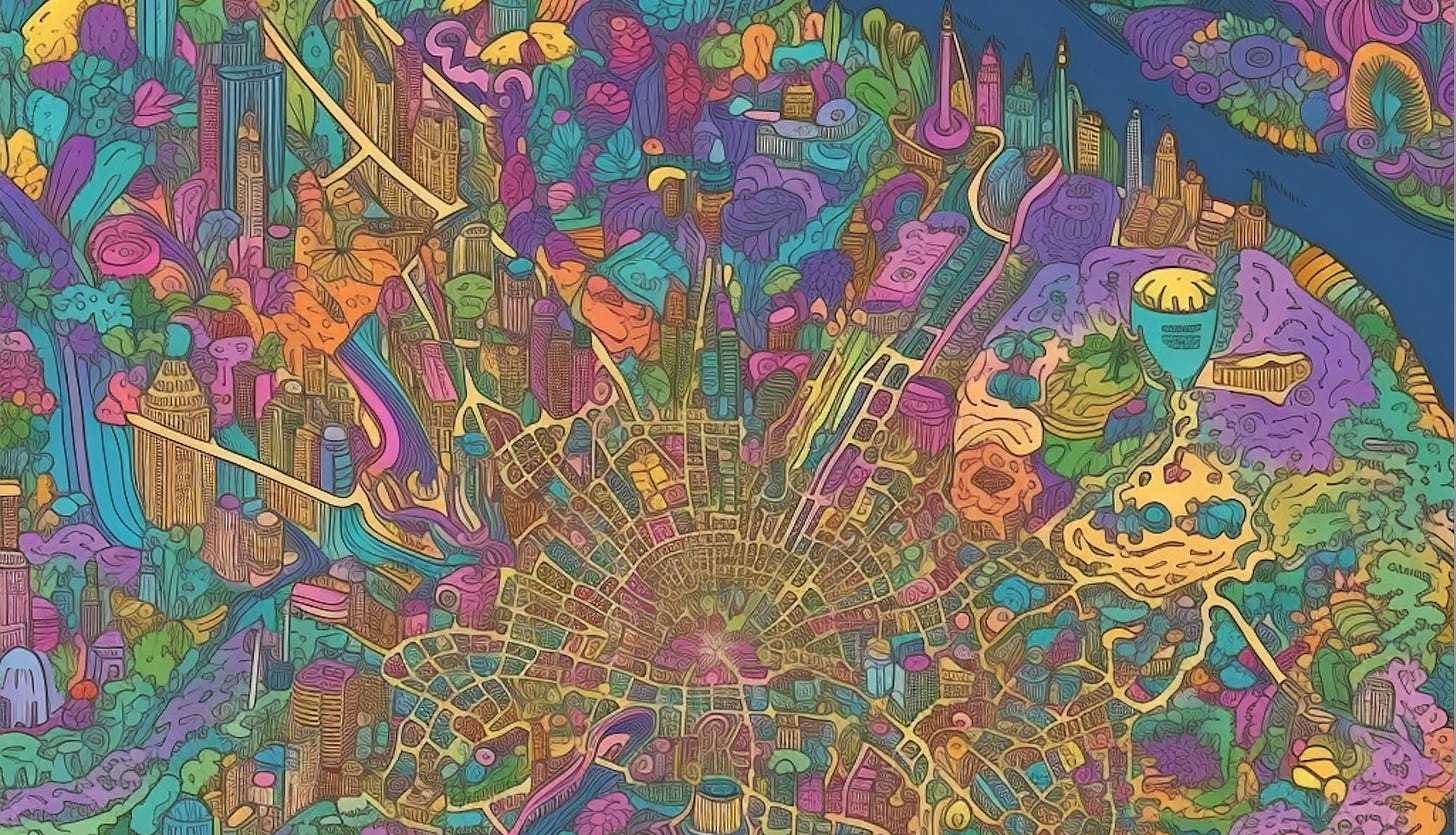Mass Psychedelic: AG Ok's Supported Use Ballot Initiatives
Massachusetts Attorney General certifies two non-medical psychedelic ballot initiatives for signature collection. One decriminalizes home cultivation. The other does not.
Today, Massachusetts Attorney General Andrea Campbell certified two psychedelic voter ballot petitions: 23-13 (Version A) and 23-14 (Version B). Certification means that according to Campbell, the petitions meet the state’s constitutional requirements, and proponents can start collecting signatures. To keep a ballot initiative alive, proponents must file 74,574 signatures with election officials 14 days before December 6.
Petitions 23-13 and 23-14 are nearly identical. Both would create a regulated program for the non-medical, supported adult use of five psychedelic substances: psilocybin, psilocin, ibogaine, mescaline, and dimethyltryptamine.
Supported adult use is comparable to recreational or adult use cannabis regulation, where consumers can purchase cannabis for any reason without a prescription. However, unlike recreational cannabis, where consumers can remove products from a store and consume them elsewhere, supported adult use requires buyers to ingest products on site, under the supervision of state-licensed facilitators. In this respect, the proposed regulatory program is comparable to Oregon’s Psilocybin Services, which opened for business this summer.
In addition to creating regulation for the non-medical, supported adult use of psychedelics, both petitions would eliminate criminal penalties associated with possessing, consuming, and sharing (without compensation or advertising) limited amounts of the substances.
The petitions have one significant difference. Petition 23-13 would allow people to legally cultivate psychedelics at home, and Petition 23-14 would not.
Since the Attorney General has certified both petitions, it’s up to their proponents to decide which petition to pursue. Their primary backer, the New Approach PAC (“New Approach”), has not yet announced which path it will take. But for a coalition of grassroots organizations, led by Bay Staters for Natural Medicine, allowing cultivation is the only viable choice.
Bay Staters has worked in Massachusetts for years, urging six cities to decriminalize psychedelics, making it the national leader for local psychedelic decriminalization. Recently, it worked with state legislators on its own decriminalization bill, which includes cultivation.
But despite Bay Staters’ local perspective and advocacy, New Approach has not announced whether it will pursue ballot Petition 23-13, which decriminalizes cultivation, or Petition 23-14, which does not. New Approach has told activists the choice would come down to voter polling.
Bay Staters previously expressed concerns about New Approach’s sudden arrival in Massachusetts. The Washington, DC-based political organization funded psychedelic legislation in Oregon and Colorado, where it clashed with local community groups.
Bay Staters criticized New Approach’s lack of consultation with Massachusetts communities and worried the out-of-state PAC might distract from locally-developed legislation. Yesterday, Bay Staters held a press conference with Massachusetts legislators on its proposed legislation and the importance of decriminalization.
If New Approach collects enough signatures on either initiative before December 6, it will be sent to the Massachusetts Legislature in January. The Legislature can then pass the measure as written, propose a substitute, or take no action.
If the Legislature fails to enact the measure as filed before May 1, 2024, then petitioners must collect 12,429 additional signatures and provide them to election officials for certification 14 days before July 3, 2024. The initiative can then be placed on the 2024 general election ballot.
Follow Psychedelic Week for more news and an in-depth analysis of the Massachusetts ballot initiatives.
*The views expressed on Psychedelic Week do not represent the views of Harvard University, POPLAR at the Petrie-Flom Center at Harvard Law School, Florida State University, or the Florida State University College of Law. Psychedelic Week is an independent project unaffiliated with these and other programs and institutions.
Mason Marks, MD, JD is a Visiting Professor of Law at Harvard Law School. He is also the Florida Bar Health Law Section Professor at Florida State University, senior fellow and project lead of the Project on Psychedelics Law and Regulation (POPLAR) at the Petrie-Flom Center at Harvard Law School, and an visiting fellow at the Information Society Project at Yale Law School. Marks teaches drug law, psychedelic law, constitutional law, and administrative law. Before moving to Florida, he served on the Oregon Psilocybin Advisory Board where he chaired its Licensing Subcommittee. Marks has drafted drug policies for state and local lawmakers. His forthcoming book on psychedelic law and politics will be published by Yale University Press. He tweets at @MasonMarksMD and @PsychedelicWeek.



